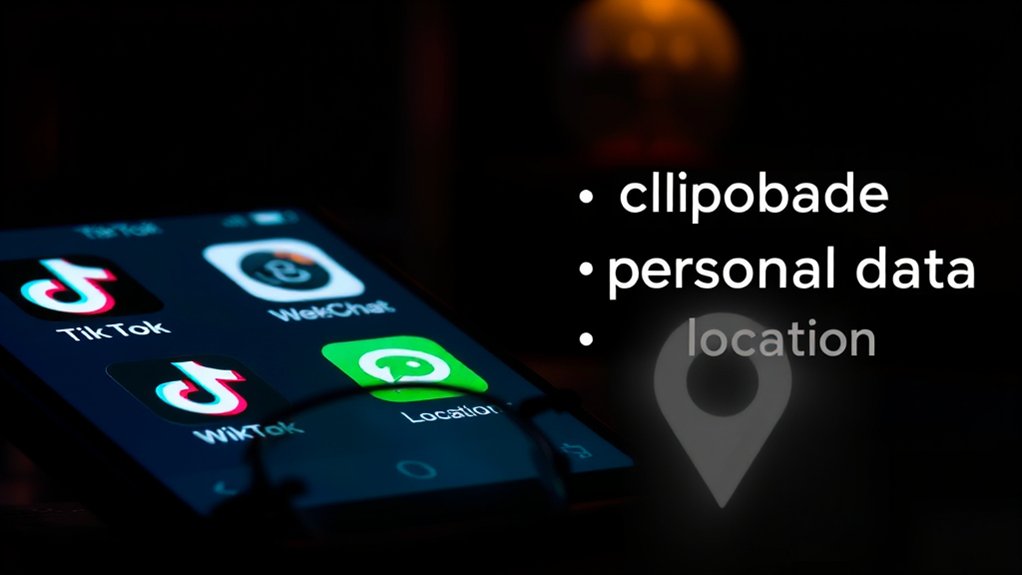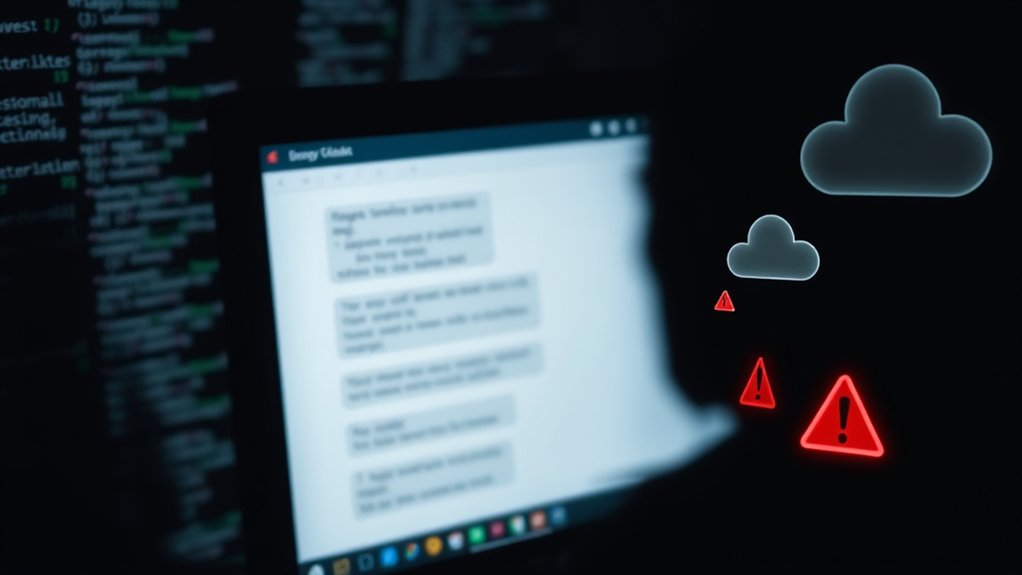In a significant legal development, Google has been ordered to pay $314.6 million after a California jury found the company liable for the unauthorized collection of data from approximately 14 million Android users. The class-action lawsuit, filed in Santa Clara Superior Court in 2019, alleged that Google engaged in unlawful data practices, particularly by collecting user data even when devices were idle and not connected to Wi-Fi networks.
The jury’s verdict emphasized that Android devices automatically sent data to Google servers without explicit user consent. This data, which included information utilized for targeted advertising and enhancing mapping services, was deemed crucial for the functionality and performance of devices by the company. Plaintiffs characterized these data transfers as “unavoidable” breaches of user privacy, arguing that even small amounts of collected data were unauthorized under California law. Notably, the California jury verdict further underscores the legal repercussions tech companies face regarding user privacy violations. Furthermore, the case reflects ongoing scrutiny of tech giants’ data practices amidst various legal challenges they face.
The jury found that Android devices sent data to Google without user consent, marking significant privacy breaches.
The legal proceedings, culminating in a state court jury decision in San Jose, are part of a broader domain of scrutiny surrounding data privacy practices among technology firms. Google plans to appeal the verdict, asserting that the ruling reflects a misunderstanding of fundamental Android services. The company contends that users implicitly consented to data collection through terms of use agreements, claiming that no harm resulted from their practices. Similar to common phishing scam tactics, the unauthorized data collection exploited consumer trust in established technology companies.
Reactions to the ruling have leaned toward celebrating it as a significant victory for consumer rights. The verdict has potential implications for future cases related to data privacy, possibly influencing forthcoming legislation and regulatory frameworks.
Additionally, a parallel federal case awaits, set to address data practices for nationwide Android users in early 2026.
As consumers increasingly demand transparency regarding data consent, this case raises crucial questions. Such scrutiny of big tech companies may very well lead to changes in how data practices are conducted. Overall, the ruling highlights urgent conversations about safeguarding user data in an increasingly connected world.









